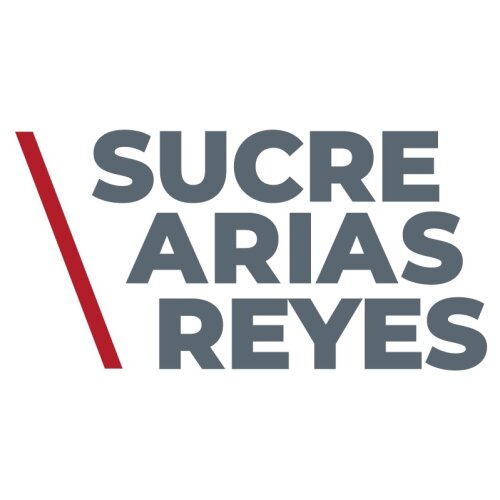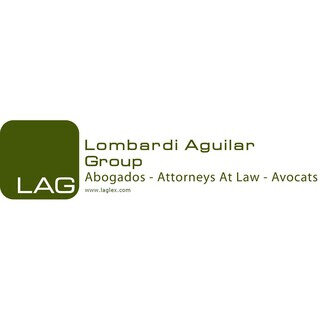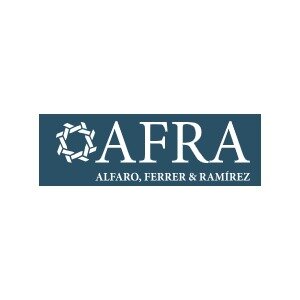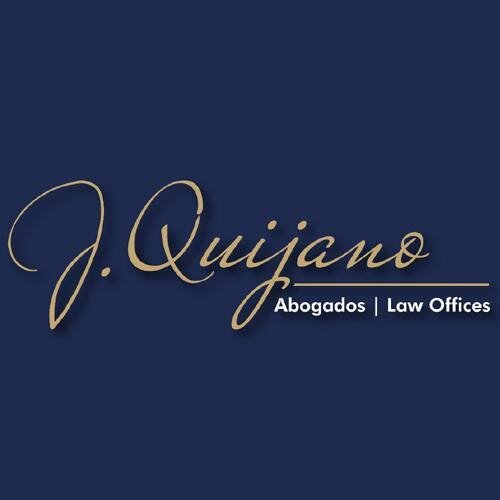Best Land Use & Zoning Lawyers in Panama
Share your needs with us, get contacted by law firms.
Free. Takes 2 min.
Free Guide to Hiring a Real Estate Lawyer
Or refine your search by selecting a city:
List of the best lawyers in Panama
About Land Use & Zoning Law in Panama
Land use and zoning laws in Panama are crucial for regulating how land is developed and used across the country. These regulations are designed to ensure that land is utilized efficiently and sustainably, balancing the needs for development with environmental protection and social considerations. The land use framework in Panama is influenced by environmental laws, zoning plans, and urban development strategies, which are implemented across different provinces with specific regulations according to local needs.
Why You May Need a Lawyer
There are several situations where you may need legal advice in the realm of land use and zoning in Panama:
- Property Development: If you're planning to develop property, a lawyer can help you navigate zoning regulations and ensure compliance with local laws.
- Land Disputes: Disputes over land use or boundaries can arise, requiring legal intervention to resolve.
- Purchasing Property: When buying land, it is essential to verify zoning restrictions to avoid future complications.
- Environmental Compliance: Projects near protected areas require compliance with environmental regulations, which a lawyer can help manage.
- Permit Applications: Lawyers assist with obtaining necessary permits and negotiating with local authorities to facilitate your project.
Local Laws Overview
Panama's land use and zoning laws are governed by a combination of national regulations and local ordinances:
- General Law of Urbanism and Constructions: This provides guidelines for urban planning, construction, and land use, laying out standards of construction and urban development.
- Environmental Laws: Laws are in place to protect ecological areas, which can impact land development projects. Environmental Impact Assessments (EIAs) are often required.
- Municipal Zoning Plans: Local municipalities have specific zoning regulations that designate land for residential, commercial, industrial, or agricultural use.
- National Land Authority (ANATI): This authority manages state lands and ensures compliance with land laws in Panama.
Frequently Asked Questions
What are zoning laws?
Zoning laws are rules enacted by local governments to regulate how land can be used in different areas. These laws determine what kind of structures can be built and what activities can take place in each zone.
Can zoning laws affect the value of my property?
Yes, zoning laws can have an impact on property values. Restrictions on land use can limit potential uses for the property, which can either enhance or decrease its market value.
How do I know the zoning classification of my property?
You can learn about your property's zoning by contacting the local municipal planning department or accessing public zoning maps provided by municipal authorities.
Can zoning laws be changed?
Yes, zoning laws can be amended or changed, but this usually requires a formal process involving public hearings and reviews by municipal planning boards or councils.
What is an Environmental Impact Assessment (EIA)?
An EIA is a study conducted to assess the potential environmental effects of a proposed project, required by law for developments near ecologically sensitive areas.
What should I do if I want to rezone my property?
If you want to rezone your property, you will need to apply for a rezoning permit through your local government, usually involving a detailed proposal and public review process.
Are there penalties for violating zoning laws?
Yes, violating zoning laws can result in penalties, which may include fines, orders to remove unauthorized structures, or other legal actions.
How can I dispute a zoning decision?
To dispute a zoning decision, you can file an appeal with the appropriate municipal board or court, typically with the assistance of a lawyer familiar with land use and zoning laws.
What role does the National Land Authority play in land use?
The National Land Authority oversees land registration, allocation, and regulation of state lands, ensuring land use compliance with national policies.
What are the consequences of non-compliance with land use regulations?
Non-compliance can lead to legal disputes, fines, halted construction, and impacts on property value and future project viability.
Additional Resources
For those seeking additional assistance, the following resources can be helpful:
- National Land Authority (ANATI): Provides information and resources on land regulations.
- Municipal Planning Departments: Local government offices can provide zoning maps and guidelines.
- Panamanian Environmental Authority (MiAMBIENTE): Offers guidance on environmental compliance for land use.
- Legal Firms Specializing in Land Use: Engage experts for complex matters in land use and zoning.
Next Steps
If you require legal assistance in the field of land use and zoning, consider the following steps:
- Consult a Lawyer: Initial consultations can provide clarity on the legal landscape and your specific needs.
- Gather Documentation: Collect all relevant documents including deeds, maps, and any correspondences related to your land use issue.
- Research Local Regulations: Familiarize yourself with both national and local laws pertinent to your situation.
- Join Relevant Community Groups: Engage with local community groups or associations who may have experience with similar land use issues.
Lawzana helps you find the best lawyers and law firms in Panama through a curated and pre-screened list of qualified legal professionals. Our platform offers rankings and detailed profiles of attorneys and law firms, allowing you to compare based on practice areas, including Land Use & Zoning, experience, and client feedback.
Each profile includes a description of the firm's areas of practice, client reviews, team members and partners, year of establishment, spoken languages, office locations, contact information, social media presence, and any published articles or resources. Most firms on our platform speak English and are experienced in both local and international legal matters.
Get a quote from top-rated law firms in Panama — quickly, securely, and without unnecessary hassle.
Disclaimer:
The information provided on this page is for general informational purposes only and does not constitute legal advice. While we strive to ensure the accuracy and relevance of the content, legal information may change over time, and interpretations of the law can vary. You should always consult with a qualified legal professional for advice specific to your situation.
We disclaim all liability for actions taken or not taken based on the content of this page. If you believe any information is incorrect or outdated, please contact us, and we will review and update it where appropriate.
Browse land use & zoning law firms by city in Panama
Refine your search by selecting a city.
















